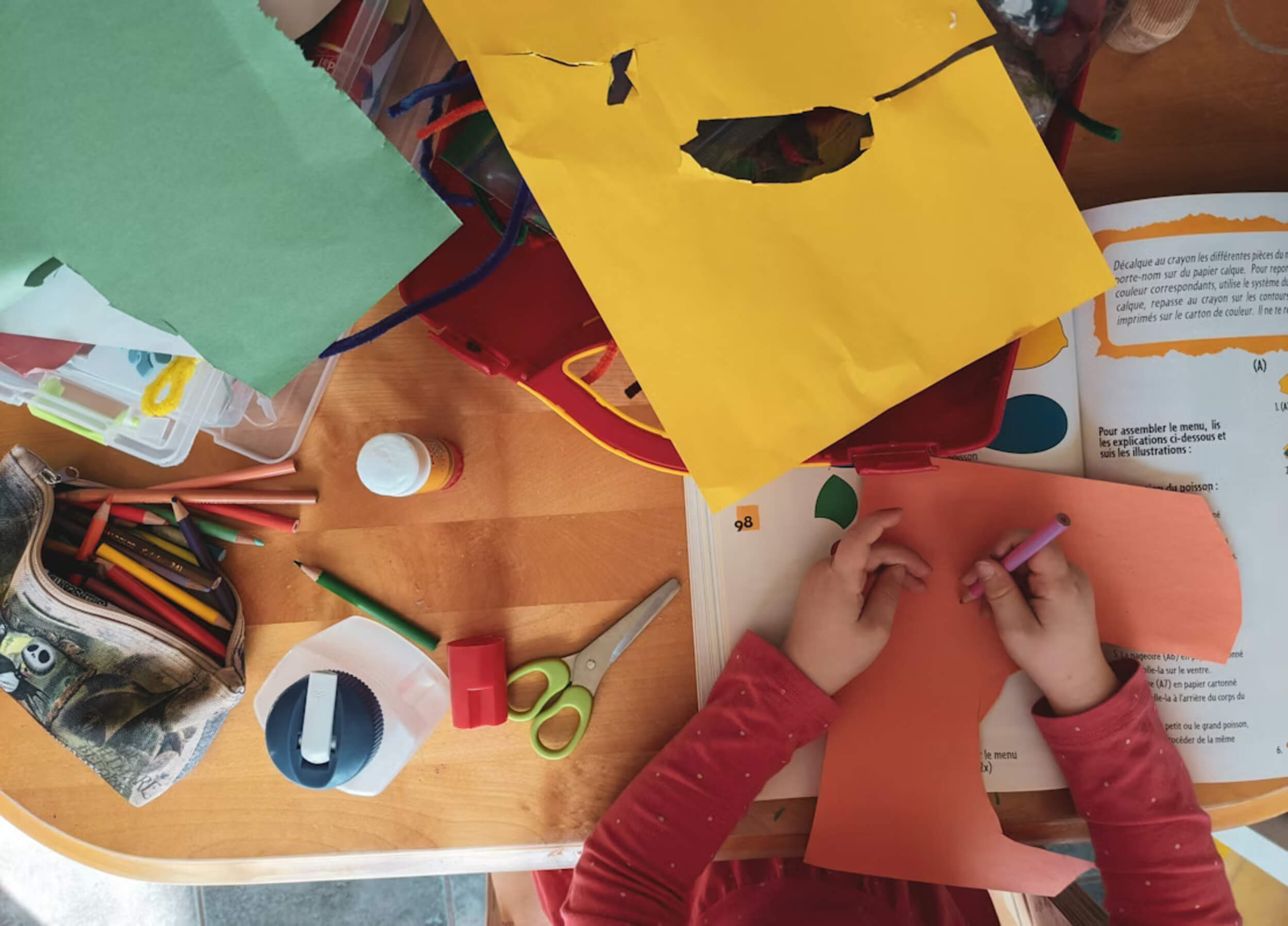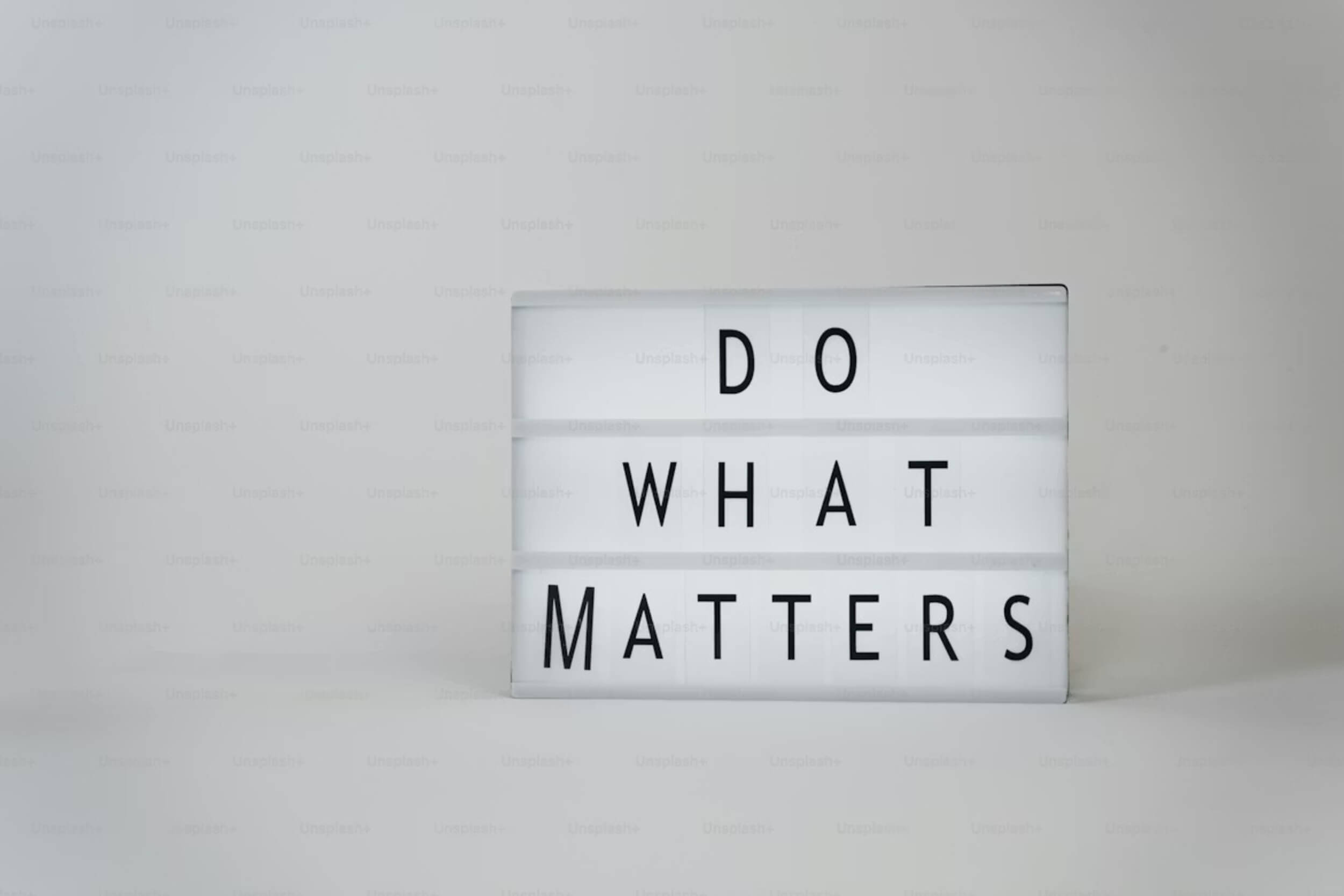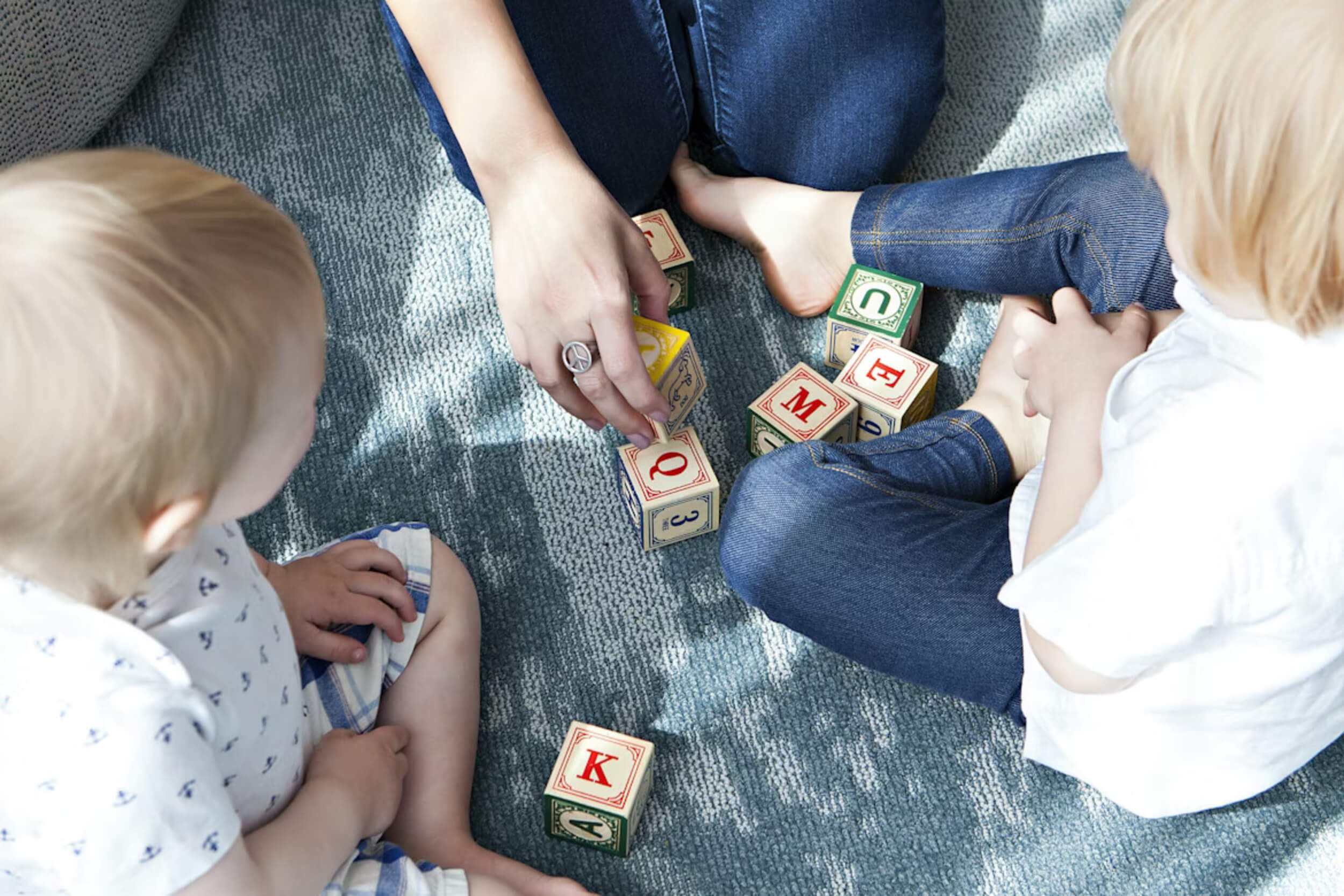Arguments happen in every family, classroom, or workplace. They’re not always a bad thing—debates are a natural part of human connection and how people share what matters to them.
Respectful debate is different from fighting. It’s not about raising voices or proving someone wrong. It’s about listening closely, sharing your side honestly, and trying to understand the other person even if you don’t agree.
When people practice this kind of debate, everyone benefits. It helps individuals sharpen their thinking, makes relationships stronger, and gives communities safer ways to talk through tough issues. Respectful debate doesn’t just prevent conflict—it creates trust, learning, and growth that help both sides walk away feeling heard.
Respectful Debate Builds Understanding
Hearing someone else’s side often shows you things you never thought about before. A respectful debate makes that possible because it invites people to explain their reasons instead of shutting them down.
Seeing different viewpoints can change how you look at the world. For example:
- You may realize a friend’s background shaped how they see an issue.
- You might find out a coworker’s experience gives them insight you don’t have.
- You learn there’s more than one way to solve a problem.
Moving beyond assumptions is another big benefit. Too often, people make quick judgments about what others believe. Respectful disagreement clears that up. When both sides talk openly, it becomes easier to replace stereotypes with real understanding. Instead of guessing at someone’s thoughts, you actually hear them. That simple shift lowers tension and opens the door to stronger connections.
Sharpening Critical Thinking Skills
A debate done with respect helps people think more deeply. Instead of giving shallow answers, it pushes you to ask better questions and check if your ideas really hold up.
Asking better questions often sounds like:
- “What do you mean by that?”
- “Can you give an example?”
- “Why do you think it matters?”
Simple questions like these encourage both sides to pause and think, not just talk.
Evaluating evidence is another skill that grows stronger during a respectful debate. It’s not enough to say, “I heard this somewhere.” You need to back up claims with facts, examples, or real experiences. This habit improves reasoning skills and helps people spot weak arguments more quickly. Over time, the practice of looking at evidence instead of opinions builds smarter conversations. Respectful debate trains the mind to look past guesses and focus on what’s true and useful.
Emotional Growth Through Debate
Handling disagreements calmly isn’t easy, but it’s powerful. Respectful debate builds emotional strength by teaching patience and self-control.
Learning patience means resisting the urge to talk over someone or get defensive. The pause you take before responding shows maturity and makes it easier for others to listen. Over time, that patience turns into a steady habit that benefits all areas of life.
Managing discomfort is another hidden strength. Many people avoid conflict because it feels tense, but running away from tough conversations doesn’t solve anything. Respectful debate shows you how to stay in the moment without exploding or shutting down. That skill makes you more confident in family talks, at work meetings, and even in personal friendships. Facing discomfort head-on helps people grow more resilient and better prepared for future challenges.
Strengthening Relationships
Respect in debate builds trust between people. When both sides know they’ll be heard, the bond grows stronger.
Trust takes shape when:
- Each person knows their opinion matters.
- No one feels silenced or dismissed.
- Mistakes are admitted without shame.
Creating balance is equally important. Strong relationships don’t mean always agreeing; they mean both sides can disagree without fear. Respectful debate sets the tone for this. One partner, friend, or coworker can express a view, and the other can counter it, yet both still feel safe.
Balance also prevents one voice from dominating every conversation. Instead, it encourages give and take. This rhythm keeps relationships healthier because neither side feels pushed aside. Respectful debate isn’t about winning or losing; it’s about building a steady back-and-forth that keeps trust alive.
Respectful Debate in Schools and Workplaces
Classrooms thrive when respectful debate is encouraged. Students who are allowed to ask hard questions and share different opinions learn how to think for themselves instead of simply memorizing. Teachers who welcome debate create a safe space where curiosity grows.
In schools, it often looks like:
- Students challenging ideas without insulting classmates.
- Teachers guiding discussions so every voice is included.
- Young people learning that disagreement is normal, not scary.
Better decision-making at work also depends on this approach. Teams that allow open discussion usually come up with stronger solutions. Respectful debate in meetings prevents groupthink and sparks new ideas. When employees know they can raise concerns without being shut down, innovation rises.
Leaders benefit too. Managers who listen during respectful debate earn more trust and often spot problems earlier. In both schools and workplaces, respectful debate builds confidence, creativity, and stronger teamwork.
Encouraging Active Listening
Listening is often harder than talking, but respectful debate trains people to do it well. One of the clearest signs of respect is letting someone finish their thought without cutting them off.
Listening without interrupting looks like:
- Nodding or giving short signals you’re paying attention.
- Waiting for a pause before replying.
- Asking follow-up questions to show you understood.
Understanding, not just winning, is another benefit. When the goal shifts away from beating the other side, people actually hear what’s being said. That’s where respect shows up. Both sides can disagree and still leave the conversation feeling valued. Respectful debate highlights the idea that listening is just as important as speaking.
Reducing Polarization in Society
Divisions between groups grow wider when people refuse to talk. Respectful debate is one of the best ways to bridge those divides.
Bridging divides means breaking the “us versus them” pattern. When two sides sit down and speak with respect, walls start to come down. Even if opinions don’t change, the hostility often fades.
Finding common ground is another benefit. Respectful debate uncovers shared values that might otherwise stay hidden. For example, two people might argue about policy but agree on the importance of fairness or safety. These shared points become stepping stones for cooperation.
Society benefits when more people take part in respectful debate. It makes communities less hostile and more united, even when disagreements remain.
Respectful Debate Protects Freedom of Expression
Free speech is strongest when respect is part of the conversation. Respectful debate keeps people from feeling silenced and shows that every voice has a place.
The value of speaking up is clear. People are more likely to share ideas when they know they won’t be mocked or attacked. A respectful setting encourages even the quietest voices to contribute.
Creating safer spaces for opinions is just as important. Respect doesn’t mean agreement, but it does mean people can disagree without fear of bullying or rejection. This climate supports honest discussion and helps communities grow stronger. Respectful debate ensures freedom of expression works for everyone, not just the loudest voices.
Practical Habits for Respectful Debate
Keeping debates respectful comes down to daily habits anyone can practice.
Stay calm and polite by:
- Lowering your voice instead of raising it.
- Choosing words that show care.
- Taking a pause when emotions run high.
Focus on ideas, not attacks:
- Point out the issue, not the person.
- Say, “I disagree with that idea,” instead of “You’re wrong.”
- Separate feelings from facts.
Be open to change:
- Admit when new information shifts your view.
- Respectful debate isn’t about “winning”—it’s about learning.
- Show that flexibility is a strength, not a weakness.
Small habits like these make every conversation safer and more meaningful. Respectful debate doesn’t just improve discussions; it builds character, patience, and stronger communities.
Conclusion – Respect Benefits Everyone
Respectful debate is more than just polite talk—it’s a way to build understanding, trust, and stronger thinking skills. When people take time to listen and share calmly, it changes how disagreements play out.
The benefits reach far beyond two people in a conversation. Relationships grow steadier, workplaces function better, and communities become less divided when respect is part of the process.
Disagreements will always be a part of life, but how we handle them makes all the difference. Respect turns conflict into growth instead of harm. When people argue with care, they leave room for learning, connection, and progress. Respectful debate doesn’t tear people apart—it brings them closer together.















